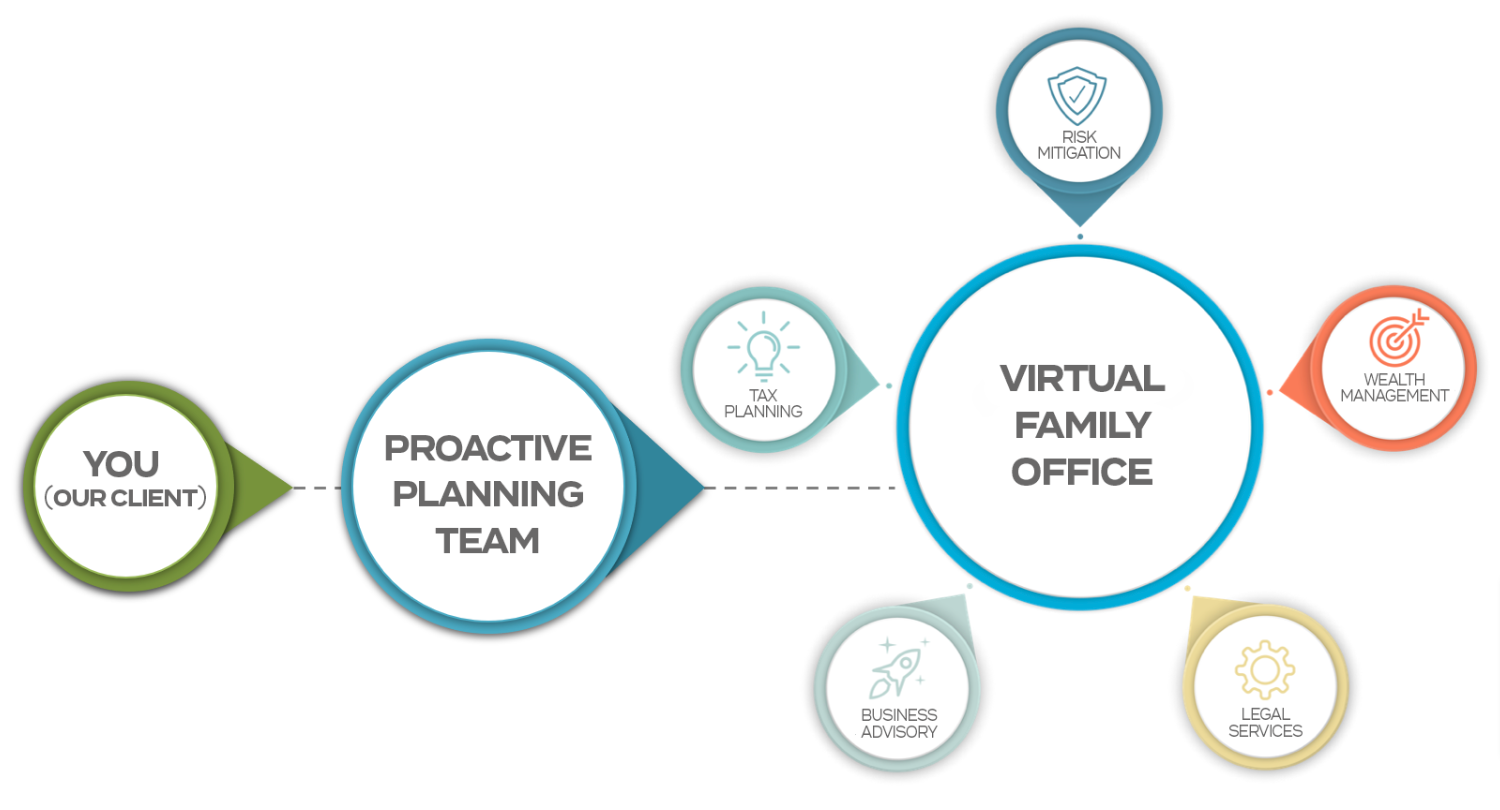4 Common Accounting Mistakes Waukesha County Businesses Make
I trust you had a great, looong Independence weekend? Where did you take in the fireworks this year, if at all? (And did you see that Women’s World Cup final?? What fun.)
Moving on, this mid-year point is a great time to do a financial review.
However, for some small businesses, this can still create a big fat mess — made either by another accountant, a part-time bookkeeper in over their head, or [ shudder ] the business owner themselves!
After seeing too many business owner friends and NON-clients operate from a jerry-rigged accounting system, I thought it was a good idea to give you some perspective on what this could (and should) look like…
4 Common Accounting Mistakes
Waukesha County
Businesses
Make
“Vision is the art of seeing things invisible to others.” – Jonathan Swift
These accounting mistakes are common enough that most experienced accountants could fix many of them in their sleep (well, that’s not *exactly* true). And, sadly, they’re usually created by either inexperience on the part of the bookkeeper involved, OR by lack of communication from the business owner.
If you’re facing financial or accounting issues, rather than blaming your bookkeeper, perhaps the source of the problem is in fact YOU!
Either way, here are common accounting mistakes, all of which, we can help you clean up.
1. Tracking Expenses Wrongly
Many Waukesha County business owners pay for expenses out of their own personal funds. And it’s no surprise that they often don’t keep accurate records of these expenses. Change that! Here’s why: The IRS frowns at the co-mingling of business and personal funds, and the best way to protect yourself in the event of an IRS audit is to avoid doing it in the first place.
That aside, you need to maintain effective communication between your bookkeeper and the rest of your team, be it yourself, or other staff. Essentially, your bookkeeper needs to make sure that everything is coded properly, or you’ll be in some hot water.
2. Employee Misclassifications
Many businesses have a combination of independent contractors and employees. And this is an area in which the IRS has been increasingly ruthless, as they search about for sources of additional revenue (i.e. penalties and additional taxes!).
Here’s the relevant IRS guidance on it: http://1.usa.gov/1y77kx3
Use it! The IRS has recently been making significant noise about their cracking down on businesses in this area, especially because of the ACA requirements. Do NOT get caught unprepared.
3. No Internal Cash Controls
Your business should have a monetary “line in the sand” on a monthly basis, the crossing of which should set off little alarms. These can range from the sophisticated (multiple trigger points and consequences), to the very rudimentary act of simply budgeting for each month.
But the main point is that your ACCOUNTING system should show you the way on this, on a monthly basis.
4. Backdating Too Much
Sure, it’s painful to have to reconcile and keep every expense entered on a monthly basis — which is why so many business owners don’t keep up with it (even when they’ve “outsourced” the task to a part-timer). The problem with playing continual catch-up is that problems AND opportunities are spotted too late.
For example, say you think one of your service or product lines is the most profitable … but circumstances have changed (whether expenses or other cost factors), and now a different item is most profitable. Well, if you’ve been pushing for what you *thought* was most profitable for six months and only now realize that you should have been pursuing a different strategy, that’s a bunch of time and money wasted.
In short, get a professional to help you with this stuff. (Ahem.)
Feel very free forward this article to a Waukesha County business associate or client you know who could benefit from our assistance — or simply send them our way? While these particular articles usually relate to business strategy, as you know, we specialize in tax preparation and planning for Waukesha County families and business owners. And we always make room for referrals from trusted sources like you.
Warmly (and until next week),
Dale Hammernik
(414) 545-1890
Hammernik & Associates
The post 4 Common Accounting Mistakes Waukesha County Businesses Make appeared first on Talking Tax to Milwaukee.
See More Blog Posts







